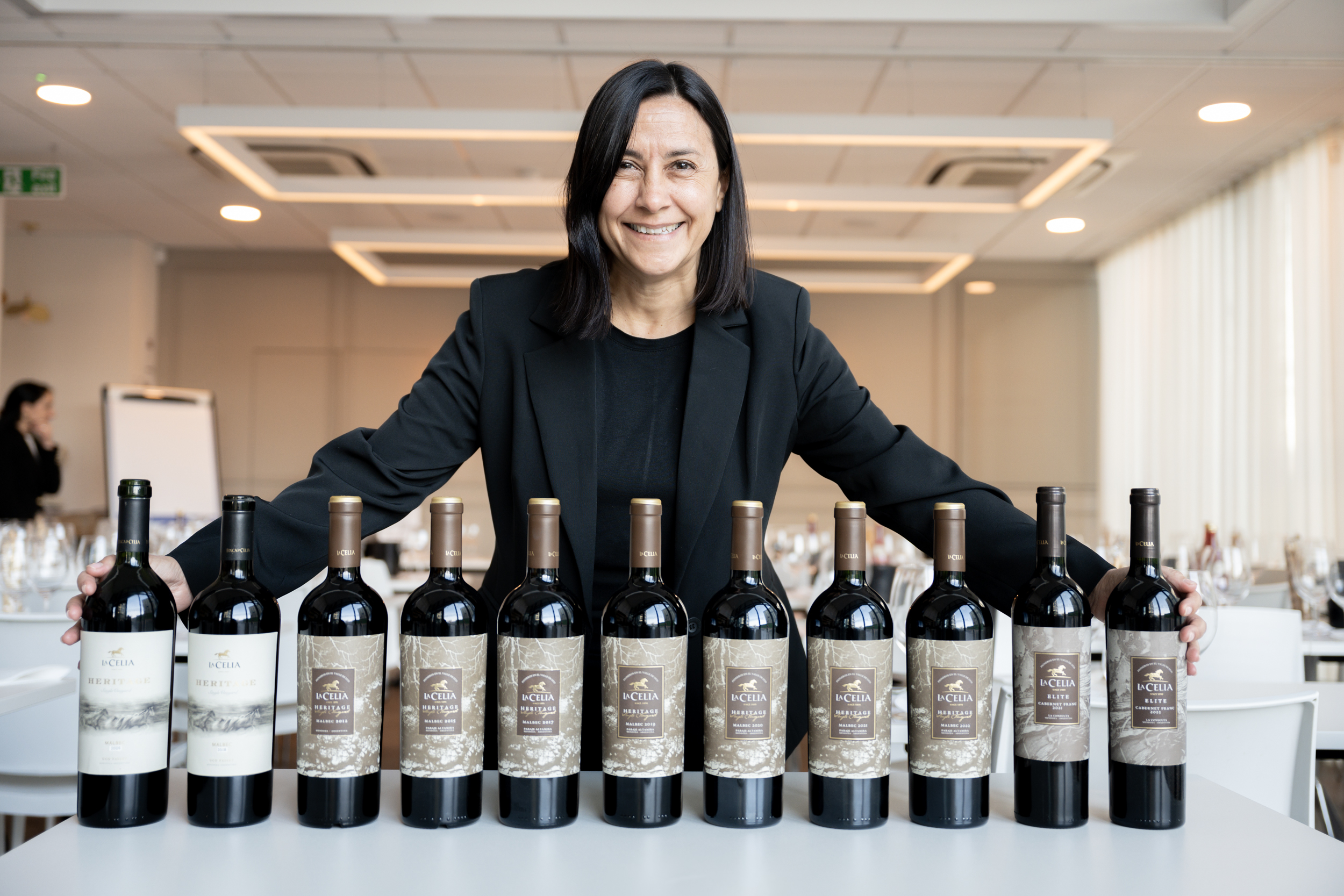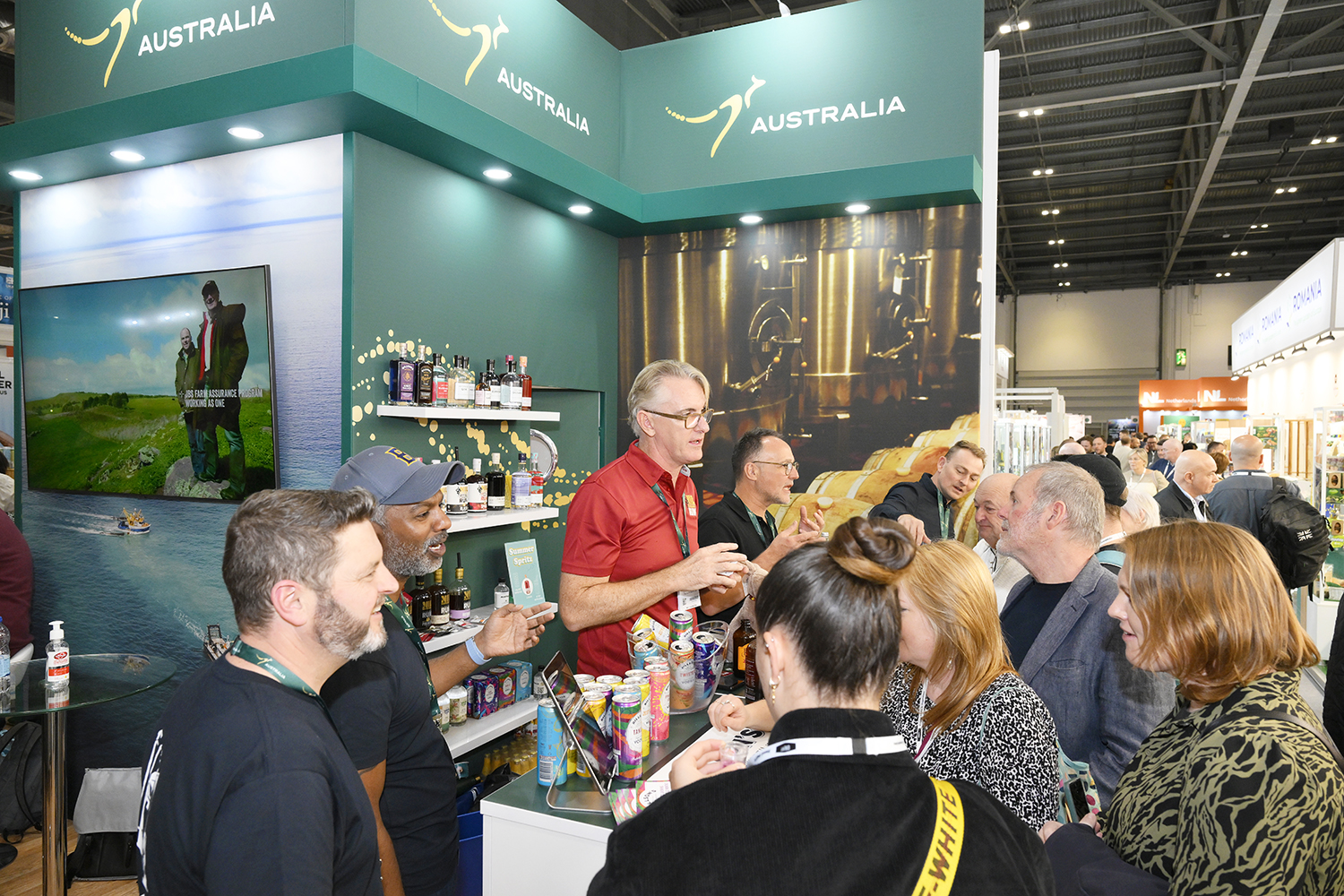The rewards of patience
By db staff writerIt has been quite unusual over the last few years to see the fine wine indices outperforming other financial markets, so I suppose we can forgive certain commentators from pointing out that someone with a fine wine portfolio is getting a rather better night’s sleep than someone exposed to the world’s stockmarkets at the moment writes Philip Staveley.
And how the financial journalists do love a bit of market mayhem! It is quite hard to keep a clear head when banner headlines constantly shriek of impending doom, and it’s funny how absent these headlines are when the markets are doing well, when it would be really helpful to know that a crash is just round the corner. So does the fine wine market wallow in this recent outperformance comfort, or take warning from the correction elsewhere?
Certainly if you believe that global economies are grinding to a halt it is quite hard to be positive about fine wine investment. Remember that consumption is at the heart of the investment case. The beauty of fine wine investment is that you have diminishing supply, as it is consumed, and increasing desirability, as it improves over time as it ages in the bottle.
Let’s remember that it definitely isn’t cheap, so to a certain extent you have to be feeling pretty chipper if you are going to crack a bottle costing (well) over £100. And the more you read the financial pages at present the less chipper you are likely to feel.
But here’s the rub. The financial pages aren’t representative of what is happening on the ground. Statistically, economies are still growing, not shrinking, apart from the relatively few that are oil and commodity dependent. If you talk to someone beavering away in Mumbai or Shanghai they will tell you that they’ve never had it so good. Of course you might find someone struggling but that is precisely the point about economic growth: component parts don’t all behave the same way at the same time.
Someone involved in services may be having a whale of a time while someone in manufacturing is not.
This is also the point about having a diversified investment portfolio. No-one is smart enough to know exactly what is going up or down next. Nor does anyone know when a market has reached a top or a bottom.
What a savvy investor does is figure out if there is a coherent investment case and if the answer is yes then he or she steps in and waits. The trouble with most people is the waiting bit. As the night follows the day, the investment does not work immediately. During the waiting bit the investor gets assailed from all sides with opinions most of which operate as a trap to catch the unwary. If these opinions are anything like the current headlines they don’t even reflect reality.
But you can mitigate the pain substantially, and over time achieve a better investment performance, if you diversify. Unusually for something outside of the main stream of investment media, fine wine permits diversified exposure. Recent history bears out the wisdom of this. If you were long only of First Growth wines in the run up to 2011 your performance would have been excellent. Post June 2011 it would have been awful. And in neither case would you have been exercising any control over your investment.
Far better would it have been had you reduced your weighting in first growths as the market escalated to its stratospheric heights. You would have sold too early, no doubt. No-one ever sells at the top. But with the proceeds you would have picked up positions in Super-Tuscans and wines like Opus One and Dominus which have carried the day whilst the Left Bank has been in decline. Your anguish would have been significantly reduced. You wouldn’t have slagged off the market as a fool’s paradise, and you would have been in a great position to make your next move. As an example, here is the performance of Opus One 2005 against Lafite 2005 over the last five years:
Partner Content
However you choose to invest, you should have a rationale for your purchases, wine by wine. In a market as complex as the fine wine market it is not particularly difficult to find wines which are trading at the wrong price. Certain vintages can sometimes be overlooked and be unusually cheap, relative to other similar wines.
Take the ‘Super-Seconds’ at present, for example. You would have to pay £690 for a 2001 Montrose which Robert Parker scores at 91 points. His overall rating for St Estephe in 2001 is 88 points. Come 2008 and the vintage score rises to 91, so you might expect the wines to be better. Sure enough, the 2008 Montrose scores 95. This is a high class wine. The cost? £545. On a relative basis in as close to a like-for-like situation as you can get, this is a steal. Same picture for Cos D’Estournel.
Over in Margaux it is a similar story. The 2008 vintage outscores the 2001 by 90 to 89, the Palmer 2001 scores 90 and costs £1,420, yet the 2008 scores 94 and costs £1,300. If you buy such wines as these you are giving yourself a much greater ‘margin of safety’, which investors from Benjamin Graham to Warren Buffett have long used as the foundation of their investment decisions.
Is the current market shake-out and the hyperbolic headlines reflective of economic conditions to come? If so, by all means sell everything, and buy gold. Theoretically when the world is going to hell in a hand basket the smart money moves into gold, that famous safe haven in times of crisis. This is what happened in the run up to 2008-2009 when unarguably we were in a slough of despond:
At present, if the scary headlines are to be believed, there should be a bit of action on the gold front, yet as we can clearly see from the above chart, there is barely a flicker.
So if you think the markets are currently worrying excessively about things which have long been known about, then be on the lookout for bargains. And remember to diversify.
Philip Staveley is head of research at Amphora Portfolio Management. After a career in the City running emerging markets businesses for such investment banks as Merrill Lynch and Deutsche Bank he now heads up the fine wine investment research proposition at APM. www.apmwineinvestment.co.uk




